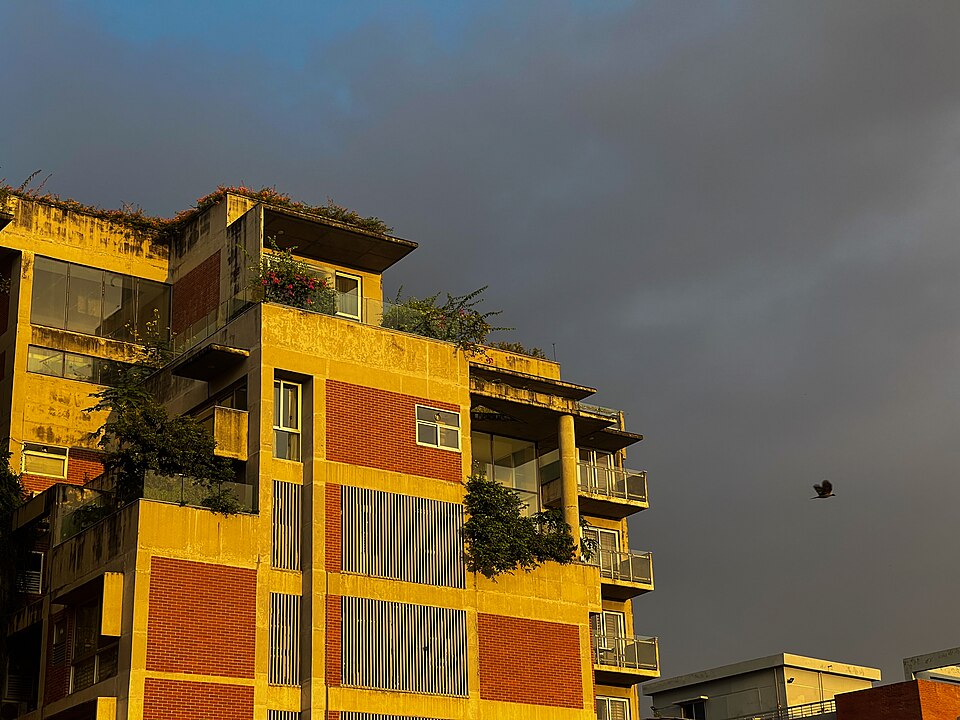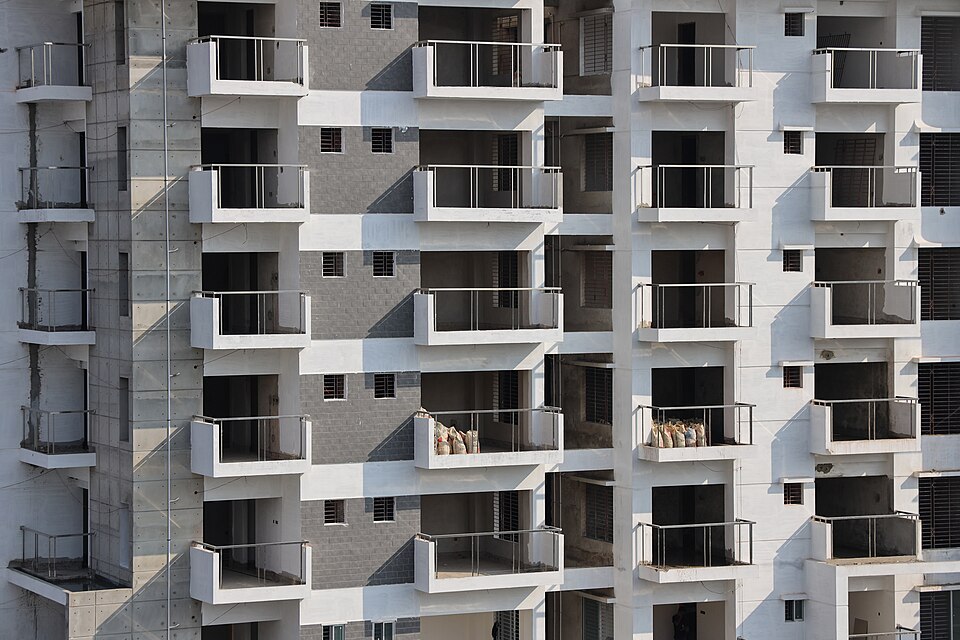Buying an apartment is a big decision. It affects your money, your lifestyle, and your peace of mind.
This guide walks you through every step. Short, clear, and practical.
Quick checklist
Use this list to screen any apartment fast.
- Budget decided and pre-approval ready
- Preferred location set and commute tested during rush hour
- Building plan approval and key NOCs verified
- Title vetted by a qualified property lawyer
- Developer reputation checked with site visits to past projects
- Payment plan aligned with your cash flow and loan terms
- Contract reviewed with clear specifications and penalty clauses
- Final snag list and handover package confirmed before last payment
1) Clarify goals and budget
Why buy: Own living, rental income, or both. Your goal shapes location and unit size.
Budget bracket: Include price, registration, move-in costs, and an emergency buffer. Avoid stretching beyond comfort.
Loan readiness: Compare offers and get a pre-approval letter. It strengthens your negotiation position.
Hidden costs: Utilities connection, registration charges, society deposit, kitchen work, curtain rods, light fixtures, AC points, water filter, appliances.
2) Location and neighborhood fit

Commute and access: Drive the route at peak hours. Check multiple access roads.
Flood and waterlogging risk: Talk to neighbors and security guards. Observe drainage. Avoid chronic waterlogging pockets.
Daily life: Proximity to schools, hospitals, groceries, parks, mosques, and your workplace.
Noise and air quality: Visit morning, afternoon, and night. Stand on the balcony and listen.
Future changes: Any large road, metro, or commercial projects that could help or hurt the area.
3) Building quality and safety
Structure:
- Ask for soil test summary and structural drawings outline.
- Confirm design compliance with Bangladesh National Building Code (latest edition).
- Check expansion joints, beam sizes in parking, and visible column quality.
Fire safety:
- Two staircases or a protected fire stair. Fire doors working.
- Smoke detectors, alarms, extinguishers, hydrant or hose reel where required.
- Generator backup for lifts and common areas.
General workmanship:
- Dampness on walls, bathroom leak test, tile hollowness tap test.
- Window quality, mosquito net frames, balcony railing height and stability.
- Water pressure on upper floors, pump and overhead tank capacity.
Amenities that matter:
- Lift capacity and count for the number of units.
- Parking allocation clarity and turning radius.
- Ventilation shafts for kitchens and bathrooms. Natural light in living spaces.
4) Legal due diligence
Hire a property lawyer. Do not skip this step.
Ownership chain:
- Mother deed and subsequent deeds. Verify a clear, continuous chain.
- Khatian or record of rights matched with the seller’s name after mutation.
- Mutation or name transfer updated and tax receipts available.
Approvals and NOCs:
- Land use and building plan approval from the relevant authority.
- Fire service NOC for buildings above prescribed height or occupancy type.
- Environment or civil aviation clearance if required by location and height.
- Utility permissions or feasibility letters for electricity, gas, and water.
Encumbrances:
- Non-encumbrance certificate from the sub-registrar to confirm no mortgage or legal claim.
- Bank release if any prior loan existed on the property.
Contracts and powers:
- Power of attorney validity and scope if a representative is selling.
- For under-construction units, verify land ownership, joint venture agreements, and the developer’s right to sell.
Keep certified copies of every document.
5) Vet the developer or seller
Track record: Visit at least two completed projects. Check delivery timelines and finishing quality.
Reputation: Scan real resident feedback. Talk to building managers of older projects.
Professional standards: Clear specifications sheet, transparent change order process, and responsive customer service.
Financial discipline: Escrow or bank monitoring gives extra comfort on under-construction projects.
6) Finance and payment planning

Home loan basics:
- Compare effective rates, processing fees, prepayment rules, and insurance.
- Understand floating vs fixed rate behavior. Ask for example scenarios.
Payment schedule:
- Booking amount, down payment, construction-linked installments, and possession payment.
- Always pay by bank transfer. Collect money receipts and tax invoices.
Costs beyond price:
- Registration and stamp charges, legal fees, valuation fee, interior setup, moving costs.
- Monthly service charge and a one-time sinking fund or society reserve if applicable.
7) Contract must-haves
Ask a lawyer to review before you sign.
- Precise apartment details: floor, unit number, super built-up area, carpet or net area, parking bay number.
- Detailed specifications annexure for structure, finishes, brands, and services.
- Firm possession date and grace period. Compensation or penalty for delay spelled out.
- Defect liability period with response time commitments.
- Clear policy on design changes and variation orders.
- Responsibility for obtaining occupancy approval and utility meters.
- Handover list: keys, remotes, manuals, as-built drawings, and NOC for registration.
- Dispute resolution method and jurisdiction.
8) Handover and snag list
Do a joint inspection before the final payment.
Snag checklist:
- Doors and windows open and latch smoothly. No light gaps.
- All water taps, showers, and drains tested for 10 minutes. No leaks.
- Electrical points live and labeled. MCBs and DB box identified.
- Tiles evenness and grouting neat. No hollow sounds.
- Paint touch-ups done. No damp patches on external walls.
Utilities and documents at handover:
- Electricity meter and test report, water line, gas line if available.
- Lift, generator, pump, and fire systems commissioning reports.
- Warranty cards, appliance manuals, and emergency contacts.
- Society formation status and interim maintenance plan.
9) Special situations
Under-construction purchase: Higher customization, staged payments, but more developer and timeline risk.
Ready-to-move resale: Faster possession and you can evaluate the exact unit, but check for unpaid dues and any ongoing disputes.
Top floor or corner units: Better light and air, yet higher heat gain and sometimes more noise from roof equipment. Inspect carefully.
NRB buyers: Use a trusted local representative through a valid power of attorney and route funds through formal banking channels.
10) Common mistakes to avoid
- Skipping an independent legal vetting
- Ignoring flood and drainage realities during monsoon
- Underestimating total cost of ownership beyond the base price
- Paying large cash advances without paperwork
- Focusing only on interiors and not on structure or services
Document checklist table
| Item | What to check | Who issues it |
|---|---|---|
| Mother deed and chain of title | Clear, continuous ownership | Sub-registrar records, seller |
| Khatian and mutation | Name matches seller after mutation | Land records office |
| Building plan approval | Approved drawings and conditions | Local development authority |
| NOCs as applicable | Fire service, environment, civil aviation | Respective agencies |
| Non-encumbrance certificate | Confirms no mortgage or claim | Sub-registrar office |
| Utility letters | Electricity, gas, water feasibility or meters | Utility providers |
| Agreement to sell and specs | All terms and technical details | Developer or seller |
| Payment receipts and invoices | Every installment documented | Developer or seller |
FAQs
What is mutation and why does it matter? Mutation updates the land record to the buyer or current owner’s name. It proves the title has been transferred in official records.
How do I verify building approvals? Request the approval letter and drawing sets. Cross-check the file number with the issuing authority.
Should I hire a lawyer even if the developer is reputed? Yes. A clean title and compliant approvals protect your investment.
Is parking included in the price? Sometimes yes, sometimes no. Get the parking bay number and size in writing.
What is a defect liability period? A time window after handover when the developer fixes construction defects without extra cost.
Final thoughts
Buy with a process, not with pressure. When you verify documents, inspect the building, and lock clear contract terms, you reduce risk and protect your money.
Use this guide as your repeatable checklist. It will keep you objective and focused on what truly matters.
📞 Take the Next Step with Century Realtor BD
Finding the right apartment doesn’t have to be complicated. With Century Realtor BD, you get trusted listings, expert guidance, and personalized support every step of the way.
👉 Contact Us today to share your requirements or Call us directly:
+880 17 1167 0219 | +880 19 7524 4821
+880 13 00-37 6849





